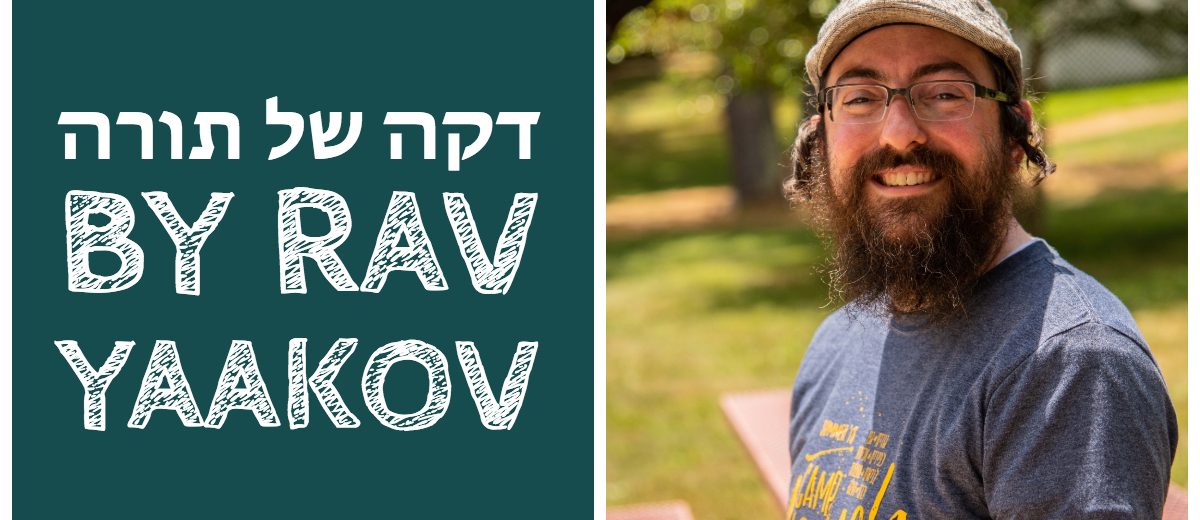Last week’s parsha ended on a cliffhanger, with Yosef, the Pharaoh’s viceroy (a fact still unknown to his brothers) having accused his brother Binyamin of a crime Yosef knew he didn’t commit, as a test — he wanted to see whether the older brothers who had sold Yosef into slavery so long ago would protect their younger brother Binyamin. He wanted to see if they had changed.
The first lines of this week’s parsha — vayigash eilav Yehudah, “and Yehudah approached him” — Yehudah, the brother whose idea it had been to sell Yosef, approached Yosef to plead for Binyamin’s life. Yosef is overcome with emotion. Indeed, they had changed. They were willing to risk their lives in standing up to the second-in-command of the Egyptian empire, for the sake of their little brother and their father. Moments later, Yosef reveals his identity:
“I am your brother Yosef, whom you sold into Egypt! And now, do not be distressed and do not be angry with yourselves for selling me here, because it was to save lives that God sent me ahead of you. For two years now there has been famine in the land, and for the next five years there will be no plowing and reaping. But God sent me ahead of you to preserve for you a remnant on earth and to save your lives by a great deliverance. So then, it was not you who sent me here, but God.” (Gen. 45: 4-8)
According to Rabbi Jonathan Sacks, this moment is the first recorded act of human forgiveness. There was no logical reason for Yosef to forgive his brothers for this atrocities they had committed so long ago. Indeed, the true enactment of justice could have been to make them pay for their sins. But Yosef saw that his brothers had sincerely atoned, and chose to forgive them. Further, he chose to bring his entire family out of the famine and down to Egypt and set all of his brothers up with their own land. Yosef’s forgiveness is an act so monumental that Yosef’s brothers don’t really ever believe it. We find that after Yaakov’s death years later, they are fearful that Yosef will finally take his revenge. But no — Yosef’s forgiveness was sincere and permanent. The power of this act enabled the entire nascent Jewish people to be saved from famine, and to pave the way for fulfilling the covenant that God had enacted with Avraham generations before to bring the people out of Egypt and into being as a great nation.
Choosing forgiveness over vengeance may not always make logical sense. It may not be the strictest interpretation of justice for the situation. But it is nonetheless an extremely powerful act that can have far-reaching implications. It is a way in which we can emulate God, from Whom we ask on Yom Kippur to set aside strict justice in favor of mercy and forgiveness. What merits such forgiveness is what we see from Yehudah — an equally powerful, sincere act of atonement. Both actions can alter the course of history.
Questions:
- Do you think that Yosef was right to forgive his brothers?
- Is there a time in your life when you forgave someone even though it was hard?
- Is there someone you may still bear a grudge toward whom you might consider forgiving?




